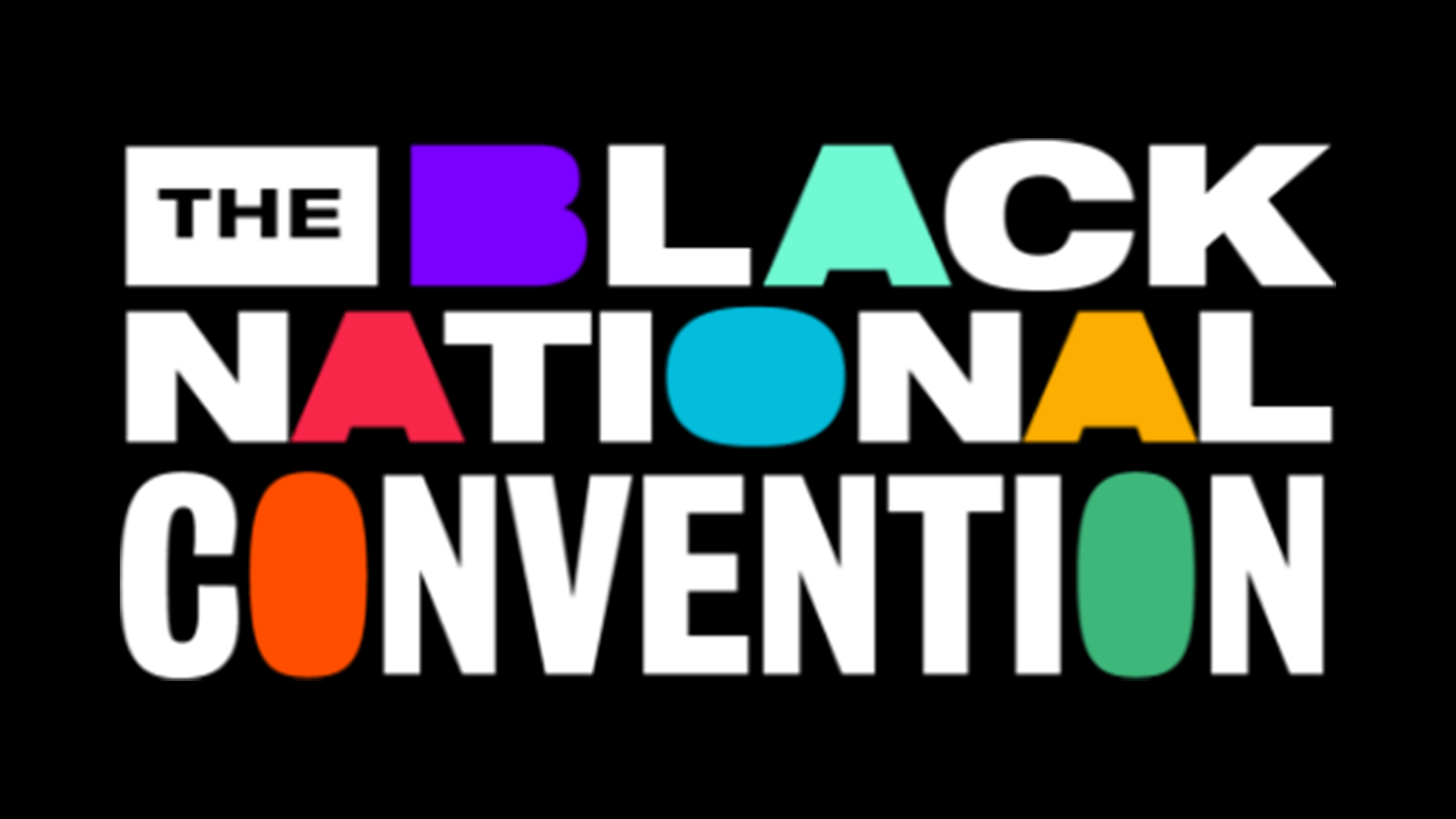Just months ahead of the most historic election in modern history, and just days following the Democratic and Republican conventions, Black voices have become more important than ever. America is bracing for an election that will decide everything from who runs local law enforcement agencies to the next leader of the free world. Making a comprehensive Black agenda even more crucial for those seeking the support of Black voters.
In an effort to energize, inform and mobilize the community, on August 28th, the 2020 Black National Convention (BNC) was held through a four-hour live stream hosted by the Movement for Black Lives (M4BL) Electoral Justice Project, which was created in 2017 to build political power in Black communities around the nation, and to provide a political home for Black people who have never felt valued by either party. Drawing inspiration from the inaugural BNC held in Gary, Indiana in 1972, the BNC was designed to help shape Black policy through a series of discussions, performances, and more.
“About 90 percent of the BNC is made up of local organizers, and we commissioned a host of Black filmmakers and Black creatives to produce a program that we knew would not only activate Black people politically, but that championed Black joy, creativity, and resilience,” said Jessica Byrd, co-founder of the Electoral Justice Project and founder of Three Point Strategies, a political strategy firm working in service to women of color seeking elected office.
Executive produced by award-winning filmmaker Dream Hampton, the event was streamed live via BlackNovember.org and hosted by M4BL leaders Kayla Reed and Philip Agnew, as well as Pose actress and activist, Angelica Ross. Speakers from academia, community activism, journalism, and more were a part of the lineup and included:
-
Tarana Burke, founder of the ‘me too’ movement and executive director of ‘me too’ International
-
Dr. Barbara Ransby, activist, historian, and professor
-
Professor Eddie Glaude, from Princeton University
-
Patrisse Cullors, co-founder of Black Lives Matter
-
Miss Major Griffin-Gracy, renowned transgender rights activist
“From our elders and ancestors we learned it is possible to bring Black people together from all political ideologies and backgrounds to mobilize around a common vision for Black liberation,” said Reed. “We wanted to bring the momentum of the streets to a political organizing space where people could gather, reflect, and take action.”
Touching on criminal justice and the call to defund the police, healthcare,state violence, trans liberation, and more, the BNC also formally relaunched the Vision for Black Lives (V4BL), originally created in 2015 after the unrest in Ferguson. With policies supported by more than 150 Black-led movements and organizations around the nation, its six major pillars focus on reparations, divestment, economic justice, community control, and political power.
Looking to transform rhetoric into political action, the event kicked off with a call to action that included a promo video from Black British director Jenn Nkiru, and a message from American Horror actress Angelica Ross “on behalf of all Black folks of all ages, genders, abilities, and ethnicities,” before sending a reminder that “There is no place where Blackness does not exist.”
If you missed the live stream we’ve got you covered. Watch the 2020 Black Convention here.
This article was brought to you in partnership with M4BL.

